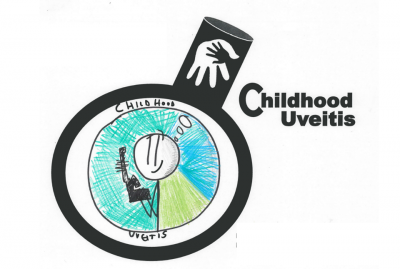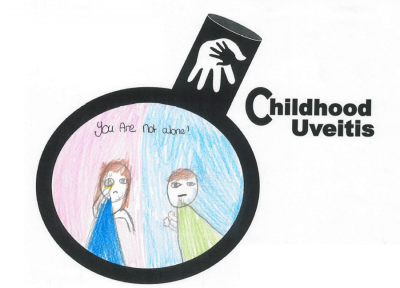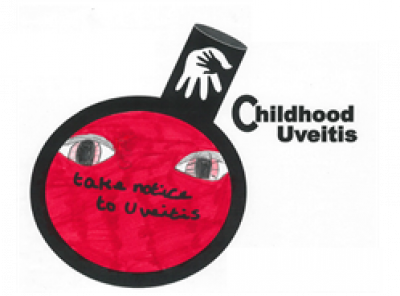Uveitis in childhood prospective national cohort study
Families and clinicians from all across the UK have been helping us to answer important questions about what happens to children with uveitis, and why.
Childhood uveitis (inflammation inside the eye) is a rare disorder. UNICORNS is the first national, prospective study which will look at what happens to children after they are diagnosed with uveitis.
Through UNICORNS, we have been collecting information which will be used to advise affected families, balance treatment decisions to help improve outcomes, and plan further research.
The 2023 UNICORNs newsletter is here!
What is the aim of the UNICORN study?
We want to collect information about children with uveitis in the UK so that we can better understand the disease. Although uveitis in children is rare, it has a high burden on the individual child and the adult they become, their family, and health service resource. There are unanswered questions about why children get uveitis and why some children with uveitis are more severely affected than others. By analysing data on a large number of children, we hope to provide information that will help doctors and parents make decisions about the best care for affected children.
Which children will be included in the study?
Any child or young person who has been newly diagnosed with uveitis in the UK since 1st March 2020.
What will happen to children who decide to take part?
Children and families will be asked to complete questionnaires about how the uveitis is affecting them. They will do this when they enter the study, and then every year.
We will also ask the child’s clinical team to share information, about their eyes and their health, with us. So far 33 eye centres across the UK have agreed to share their data.
Who is organising and funding the research?
The study is organised by Lola Solebo, and funded by the National Institute of Health and Care Research
For more information contact us at unicorns@ucl.ac.uk
- Dr Lola Solebo (Study Chief Investigator, NIHR Clinician Scientist and Consultant), UCL Institute of Child Health, 30 Guilford Street, London WC1N 1EH, Tel: 020 7905 2250, Email: a.solebo@ucl.ac.uk
- Study administrator, Salomey Kellett, Email: s.kellett@ucl.ac.uk
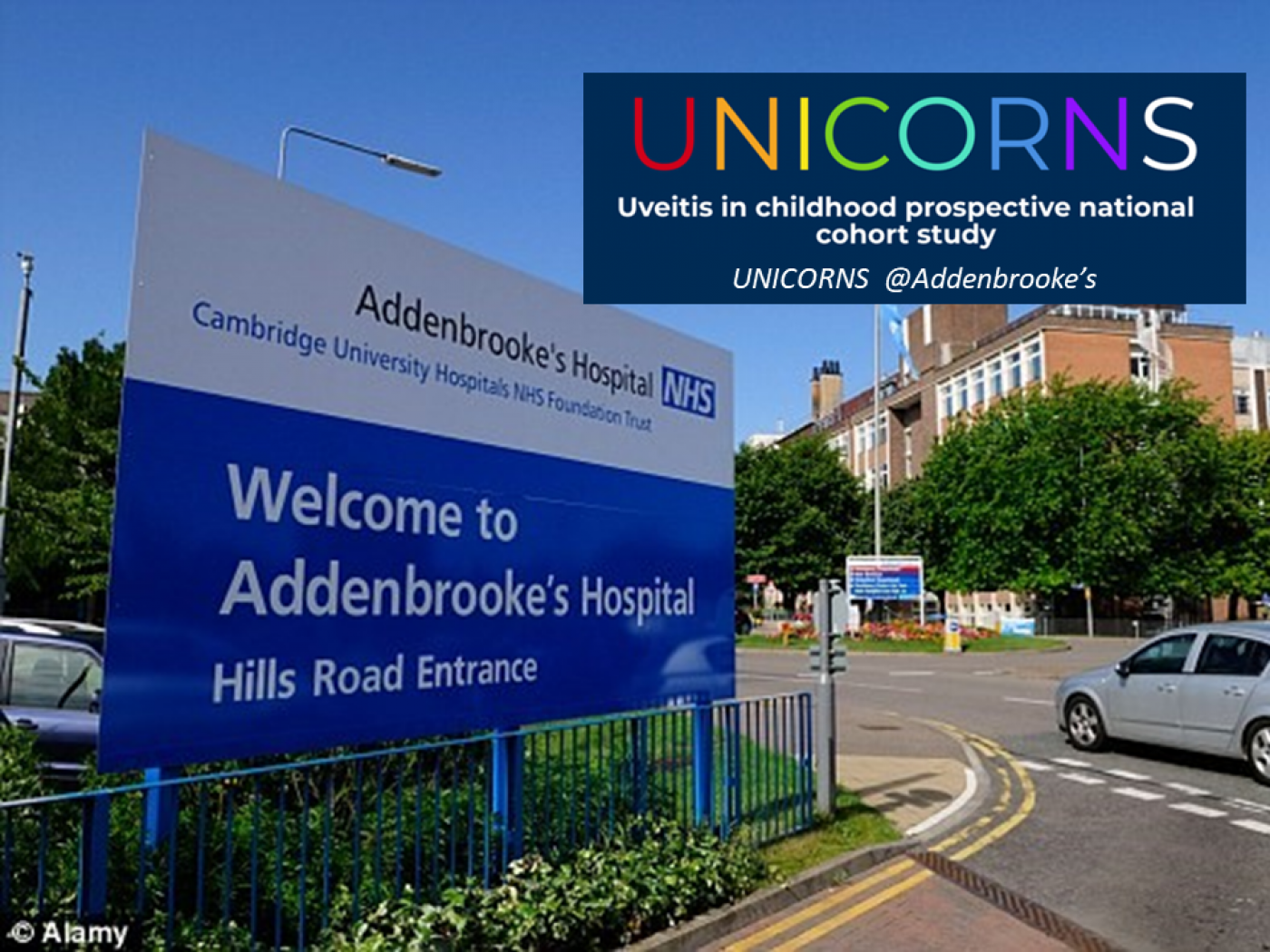
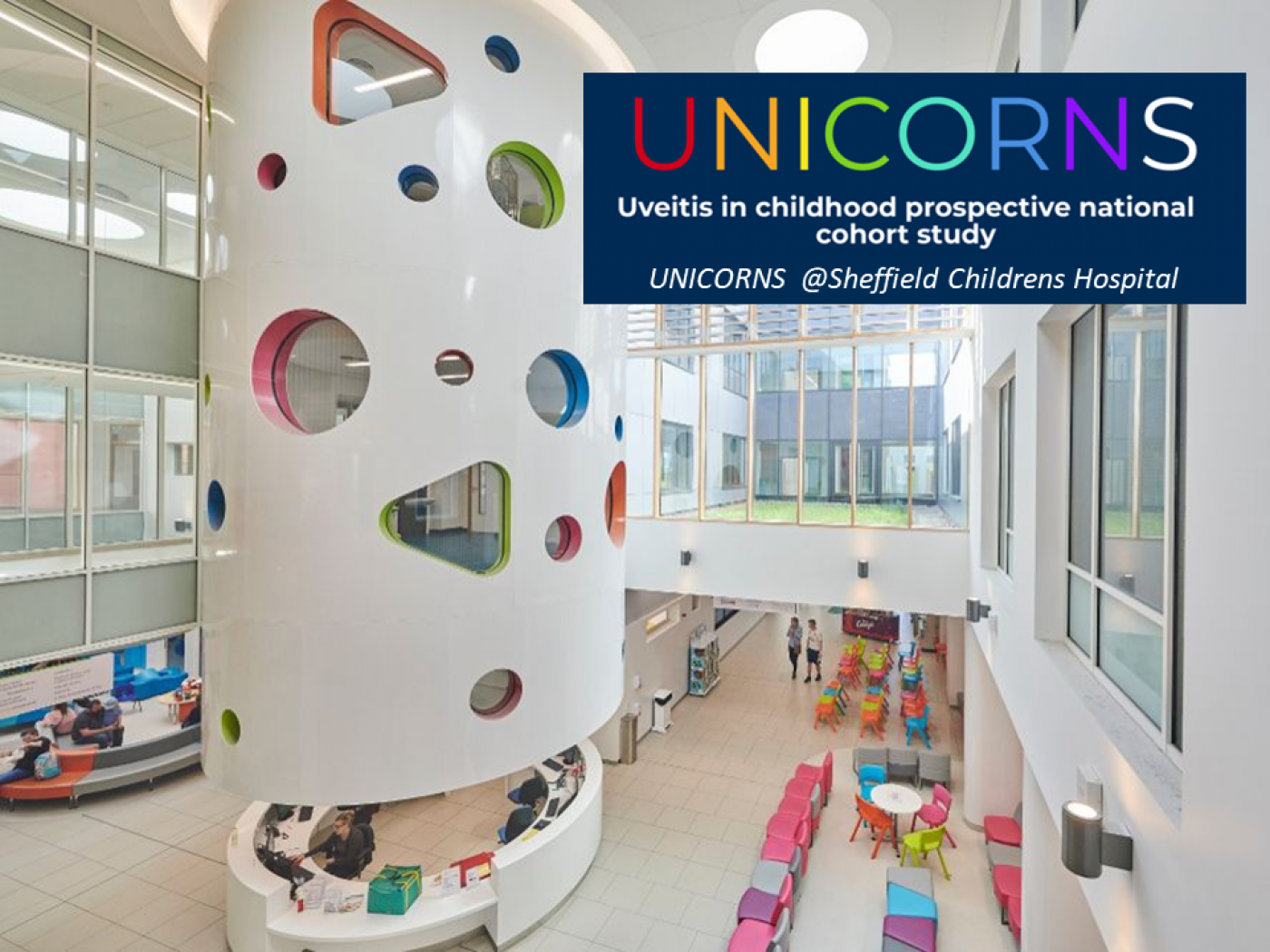

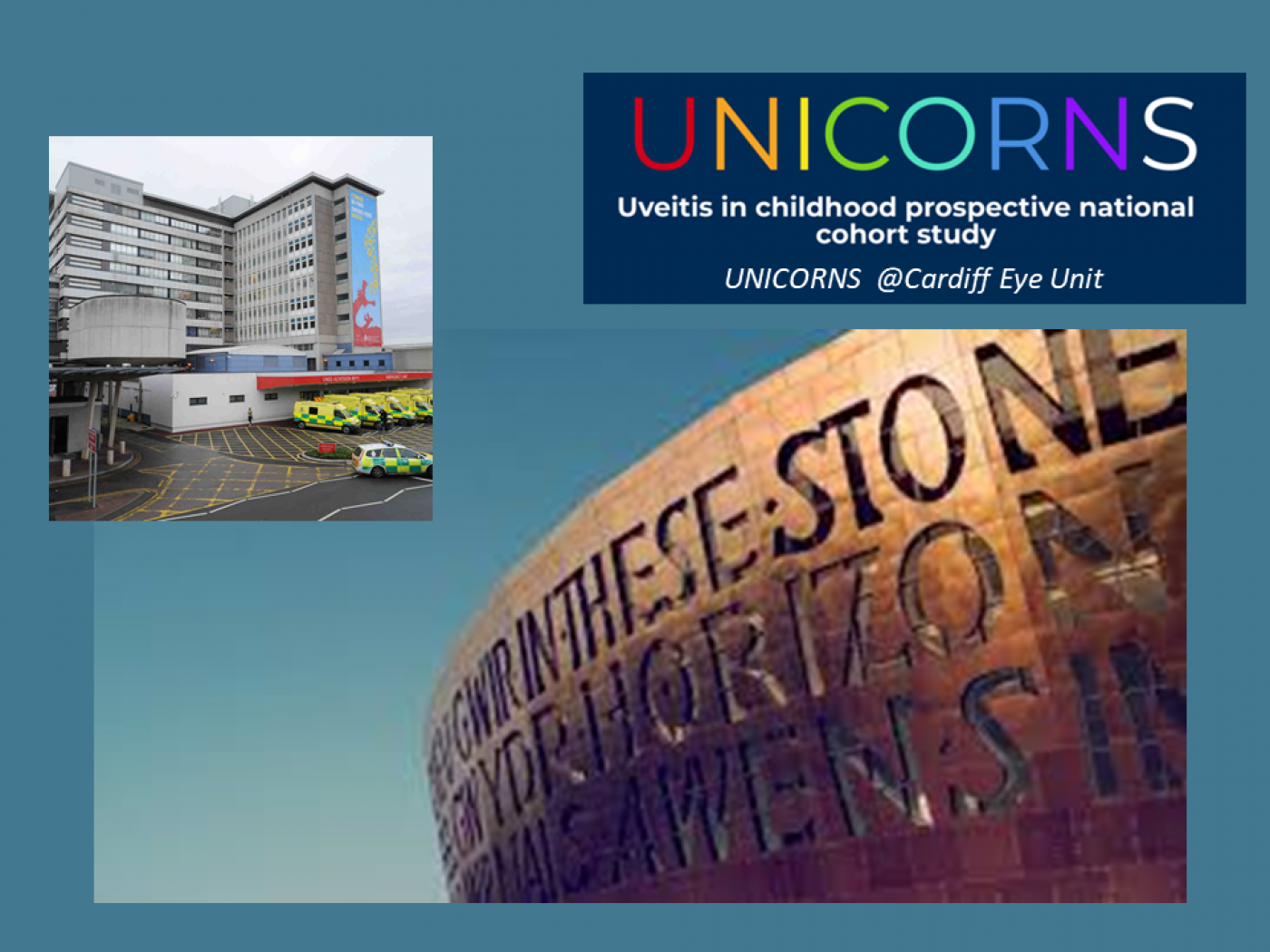
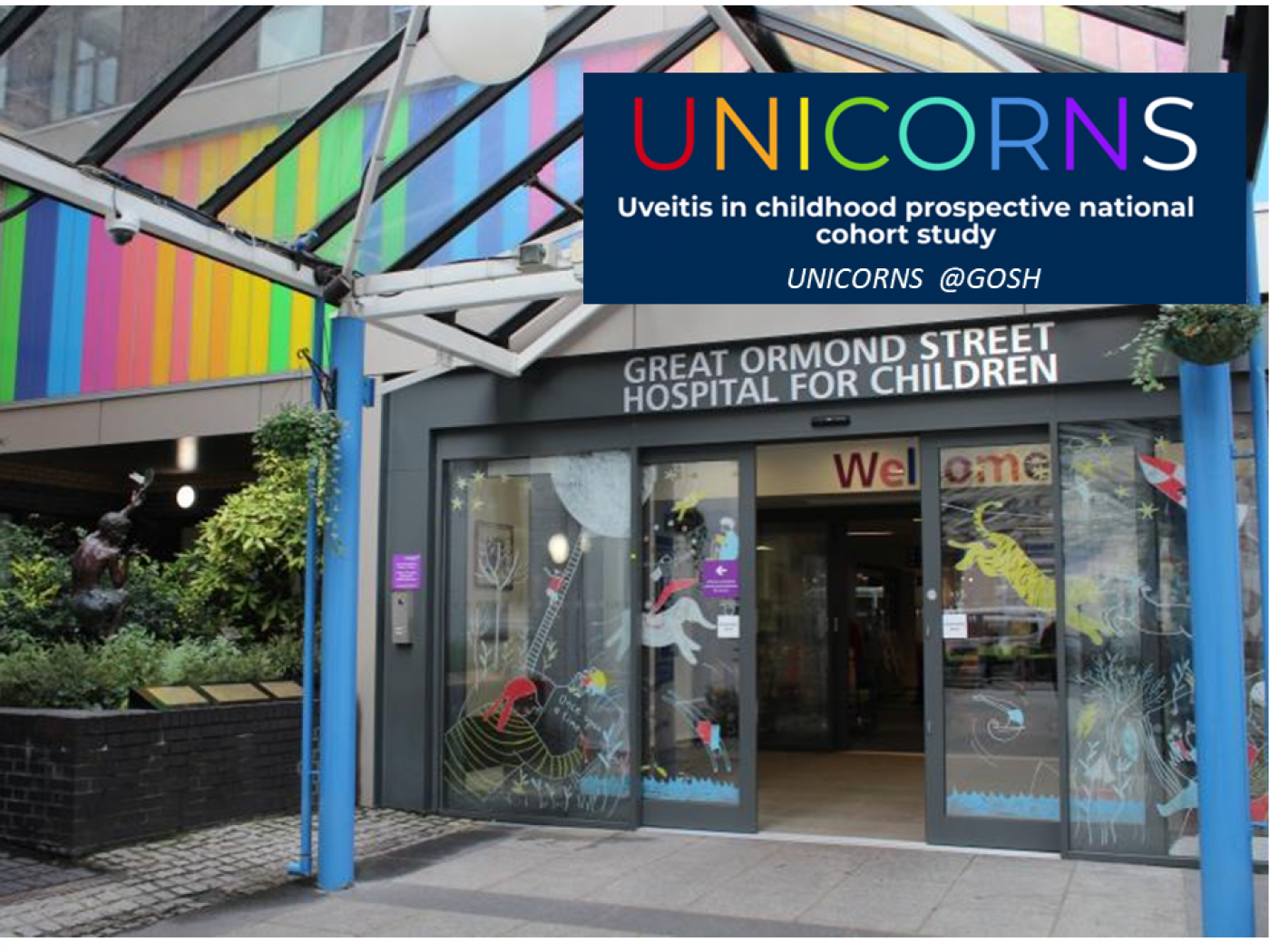
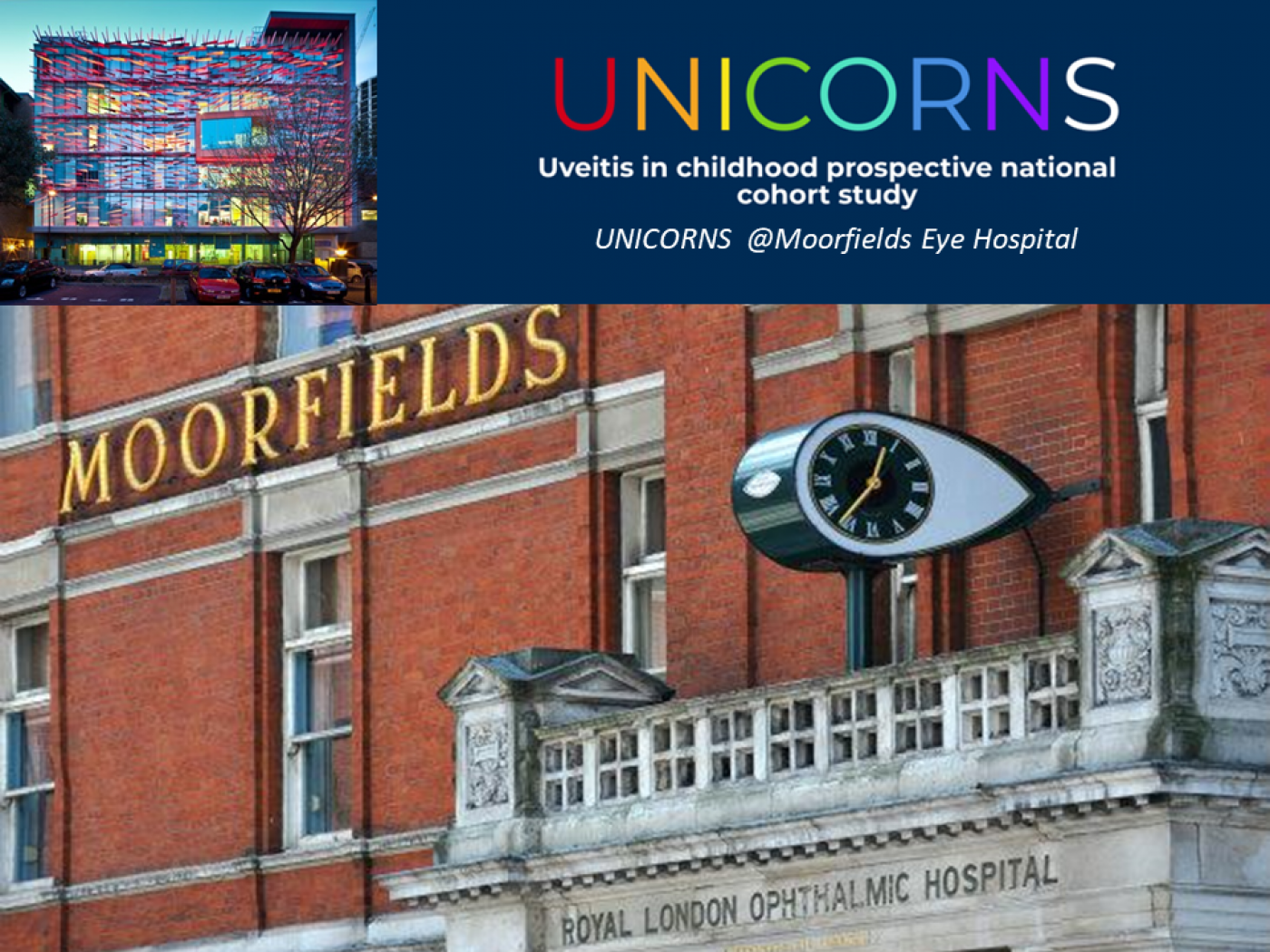


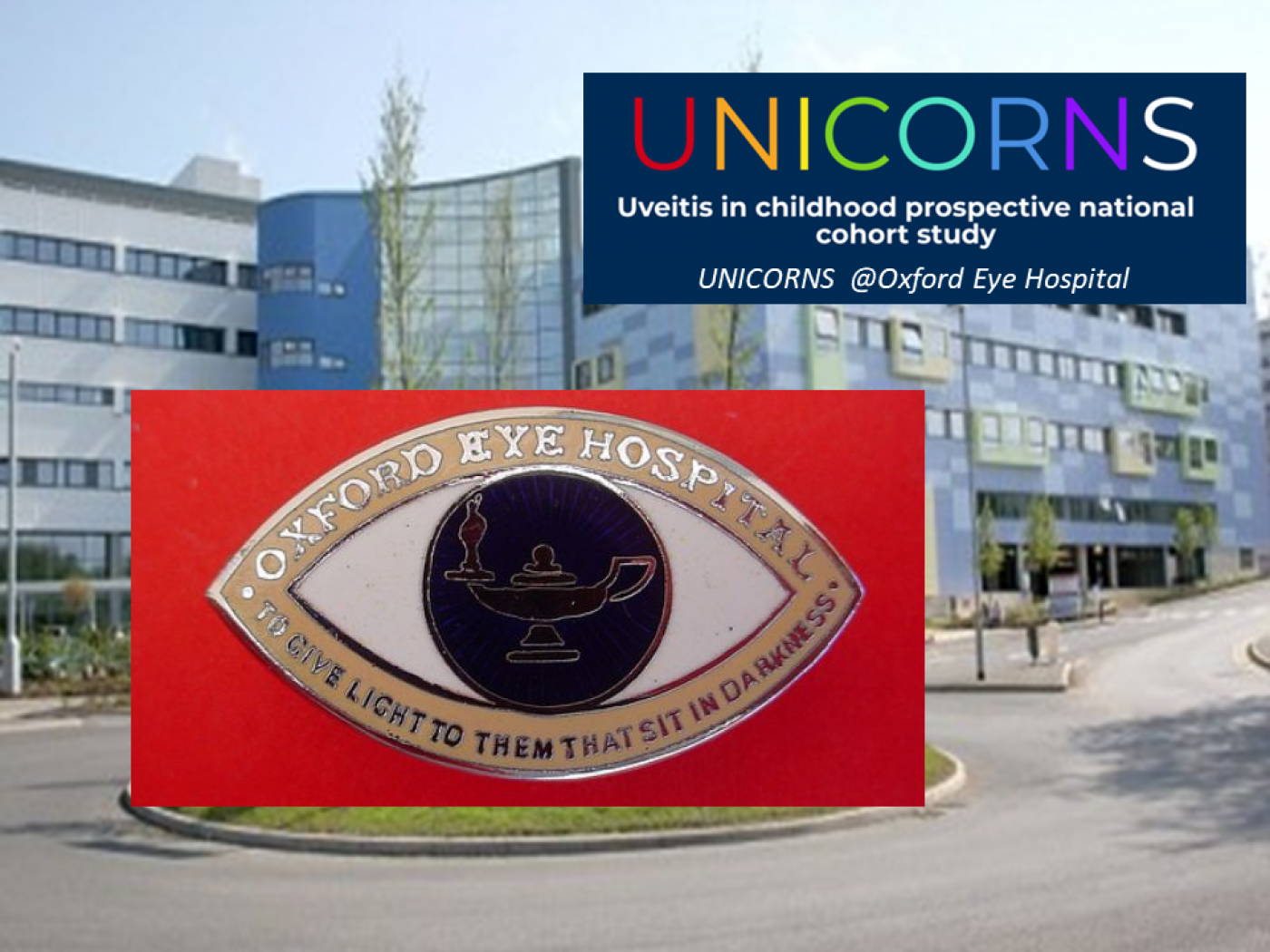
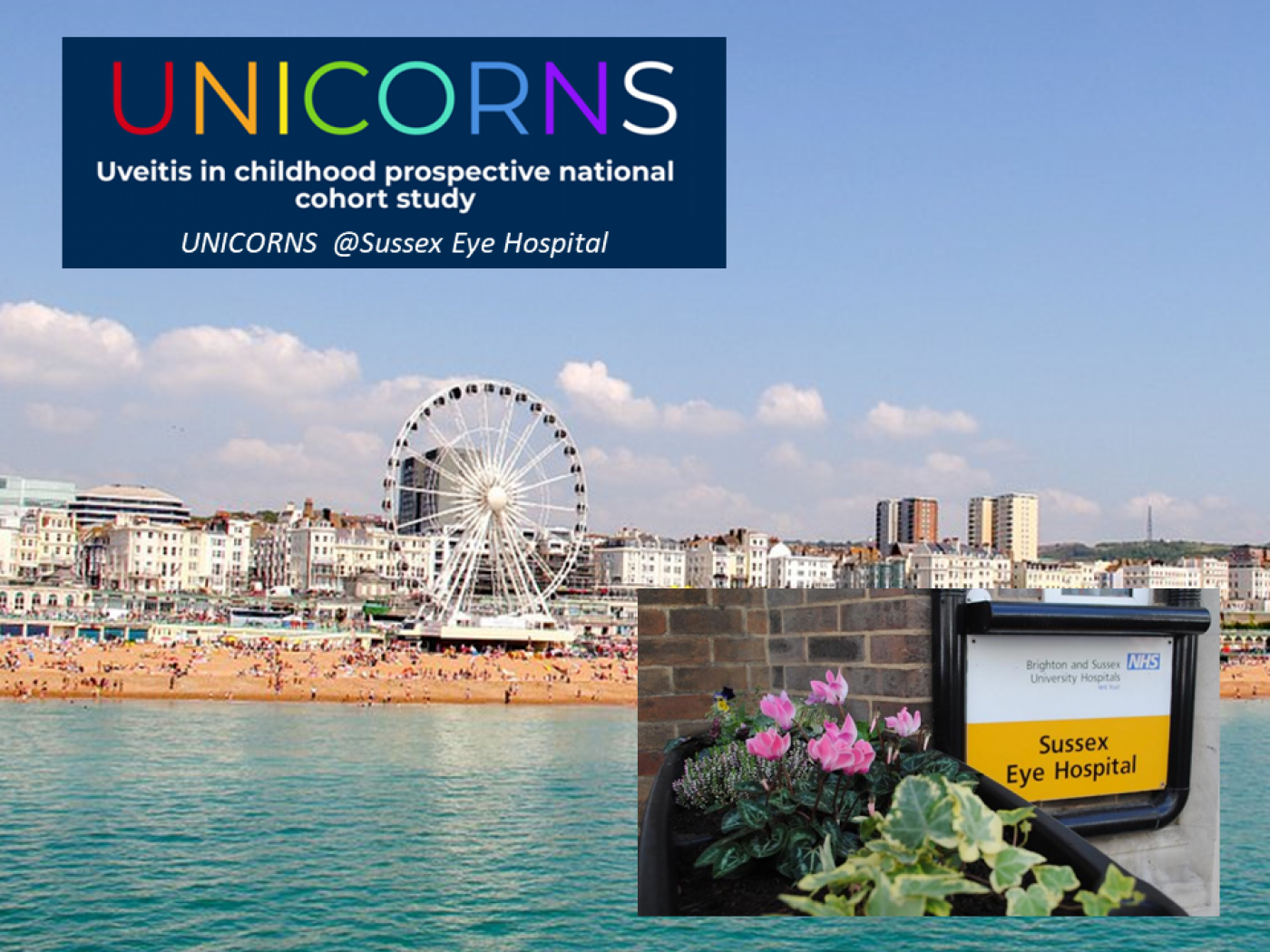

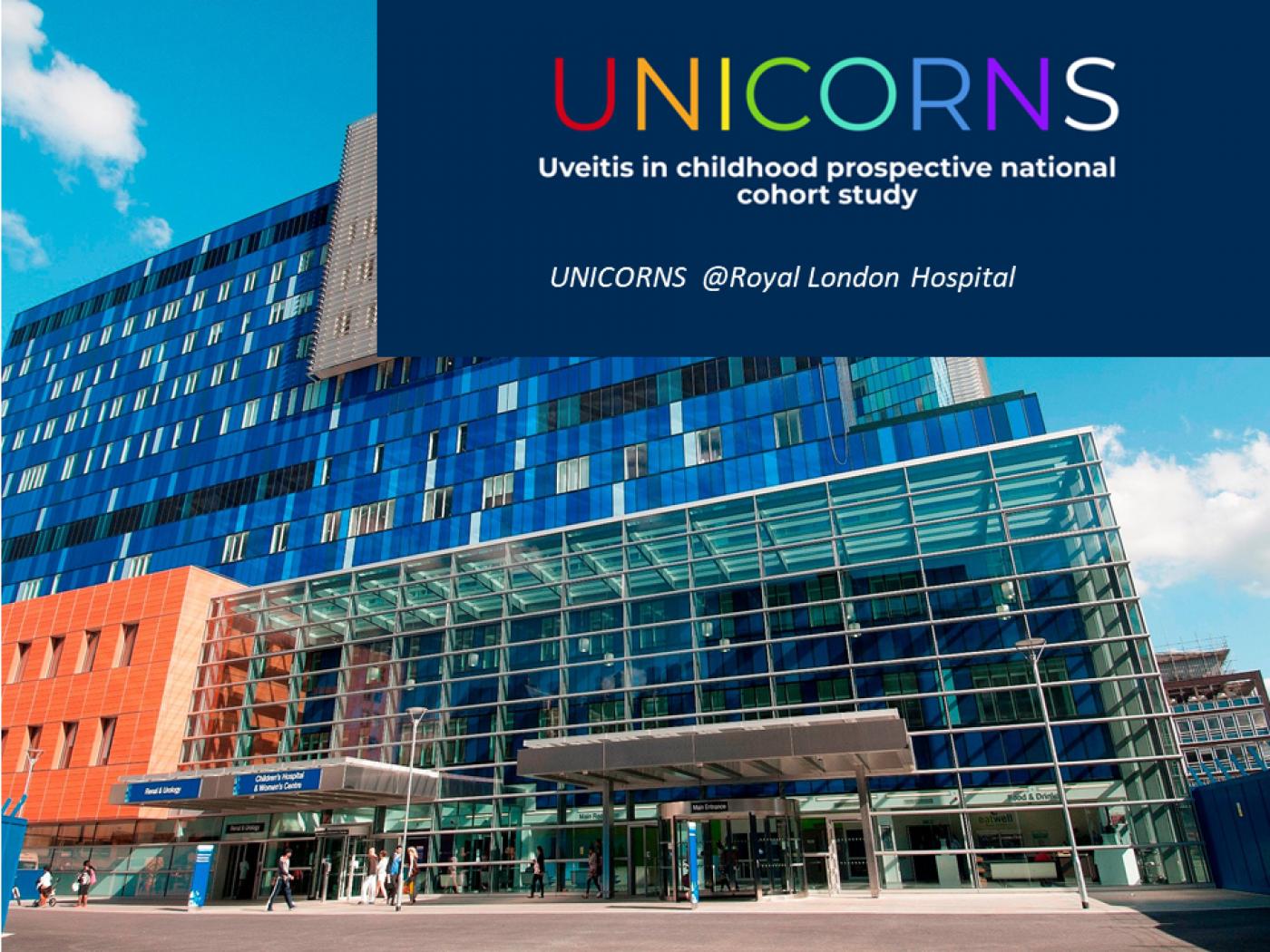

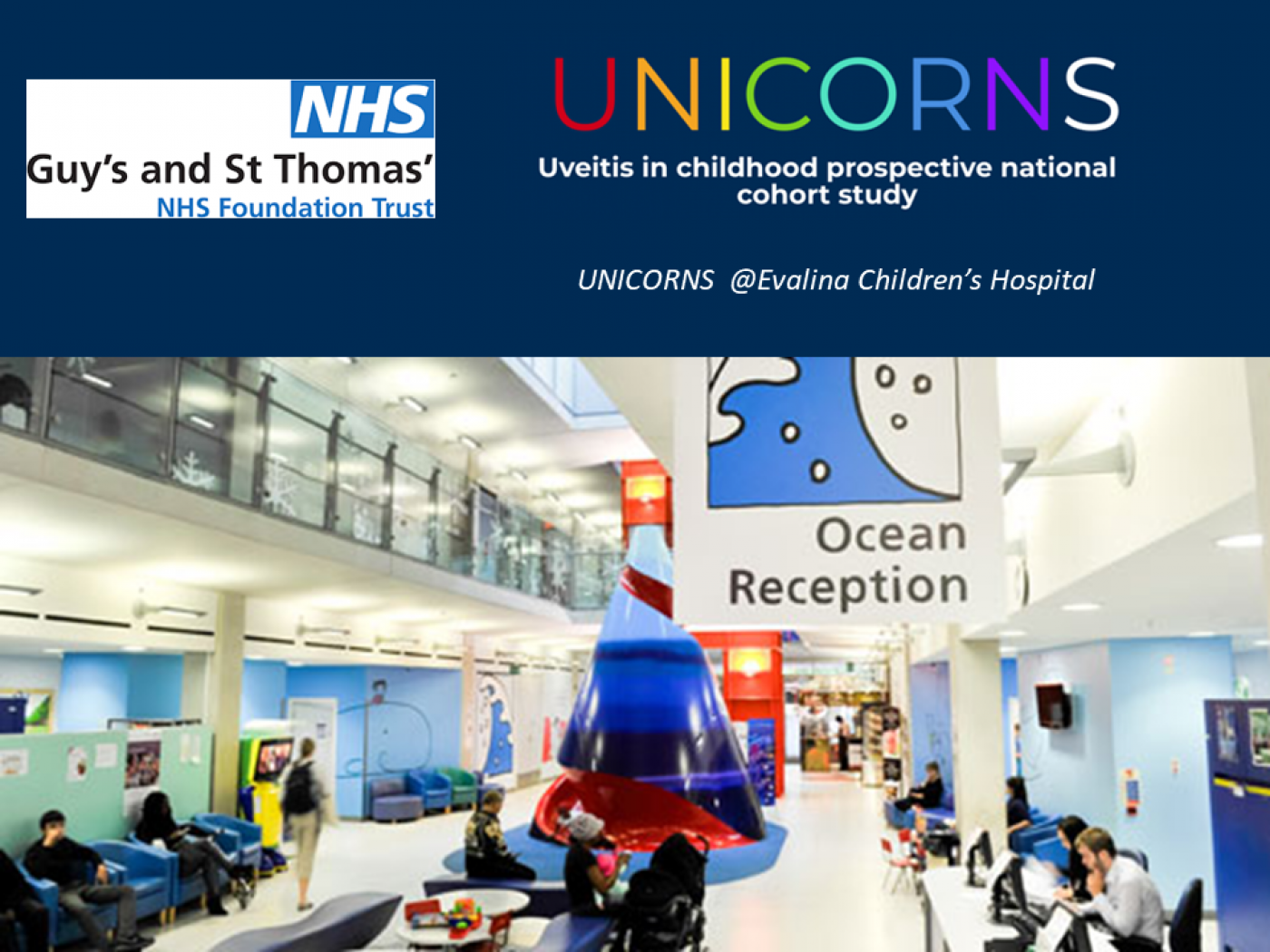

Recruiting clinical centres:
Alder Hey Hospital, Edinburgh University Hospitals, Royal Bournemouth Hospital, Sussex Eye, Addenbrookes Hospital, Cardiff Eye, Royal Free Hospital, Coventry & Warwickshire, Greater Glasgow & Clyde, Guys & St Thomas' (Evalina) Hospitals, Great Ormond Street Hospital, Harrogate Hospital, James Paget Hospital, Moorfields Eye Hospital, Newcastle upon Tyne Hospitals, Norfolk & Norwich Hospital, Nottinhgham University Hospital, Royal London / Barts, Oxford University Hospital, Sheffield’s Children Hospital, Ninewells Dundee Hospital, Hull Eye Infirmary, University Hospitals of Leciester, Manchester Royal Eye Hospital, Royal Victoria Eye and Ear Belfast, Birmingham Children's Hospital
UNICORN publications:
UNICORNS: Uveitis in childhood prospective national cohort study protocol
Recognising and managing childhood onset uveitis: a guide for primary care
Data saves lives: optimising routinely collected clinical data for rare disease research
 Close
Close


